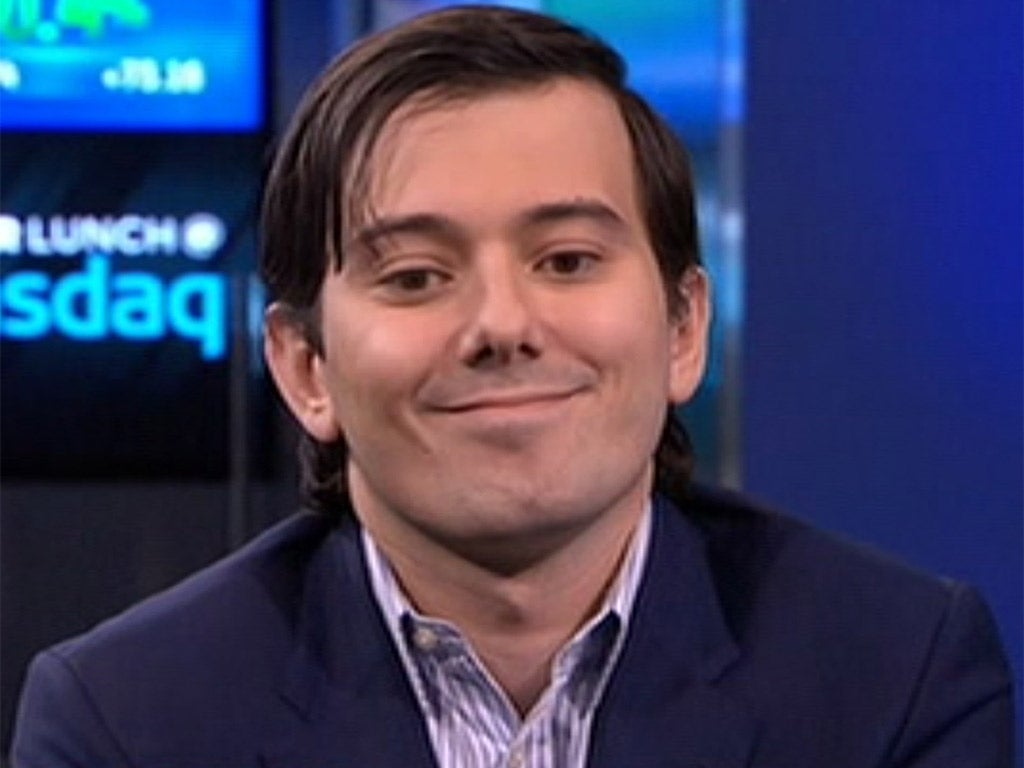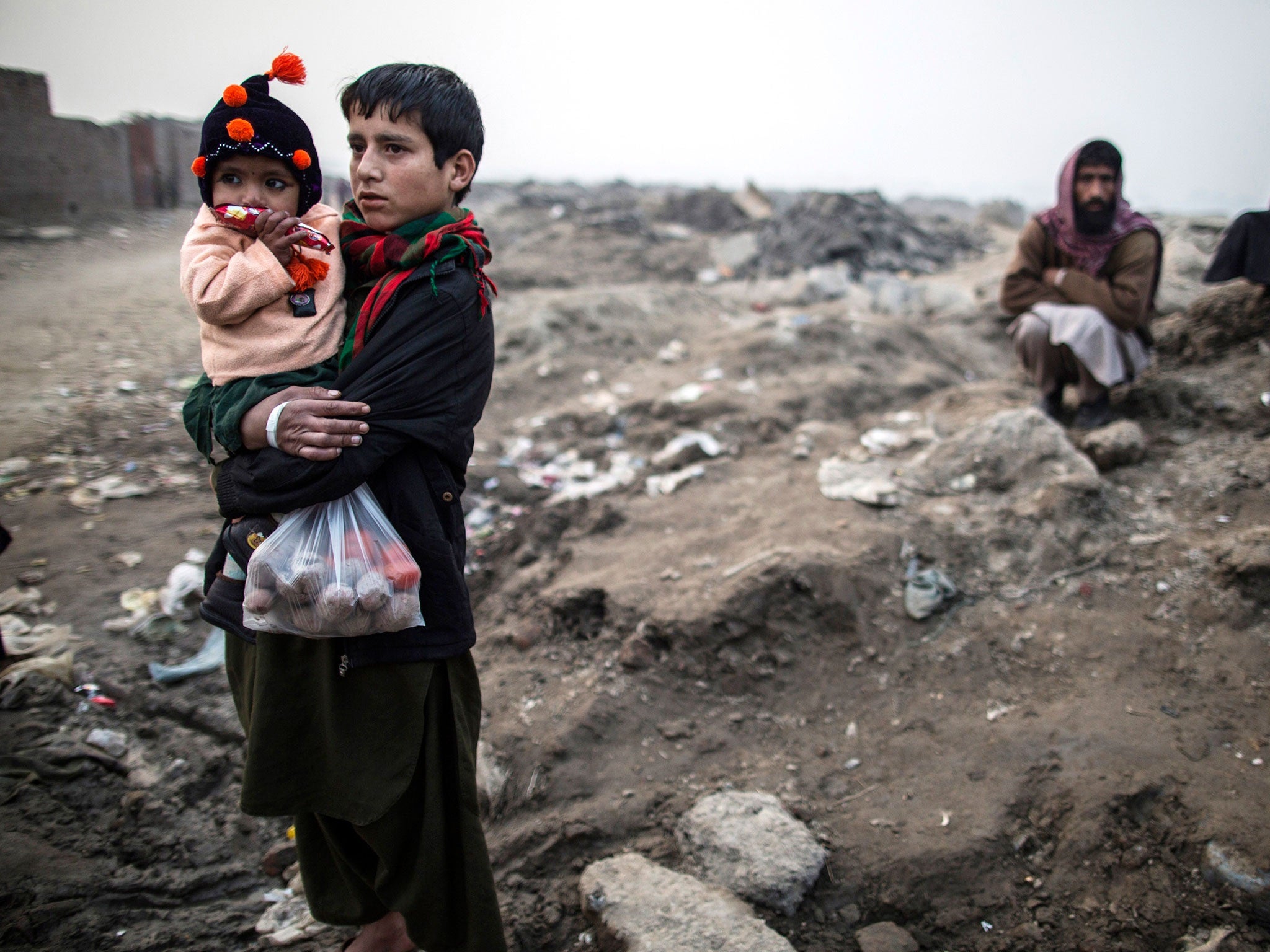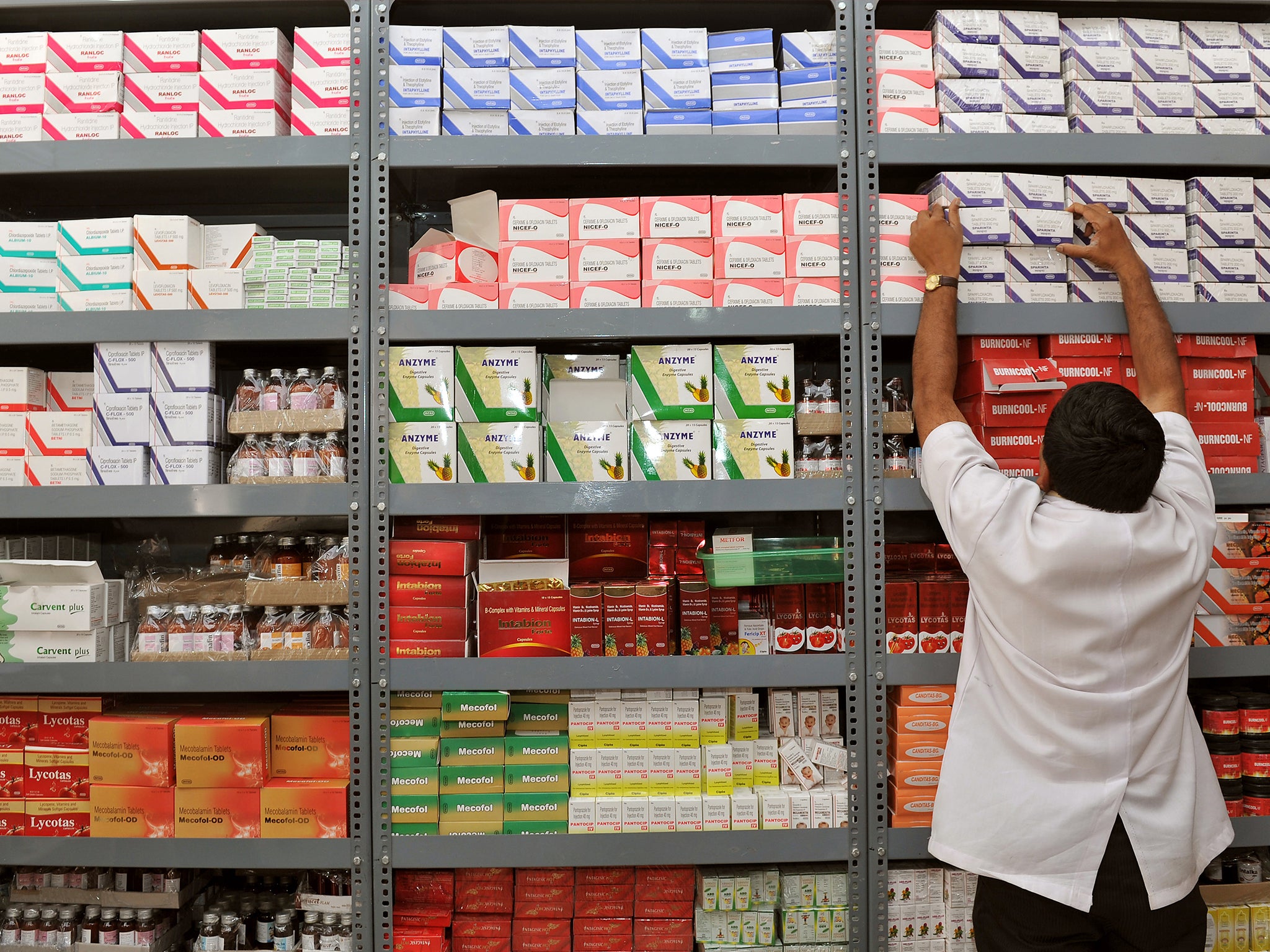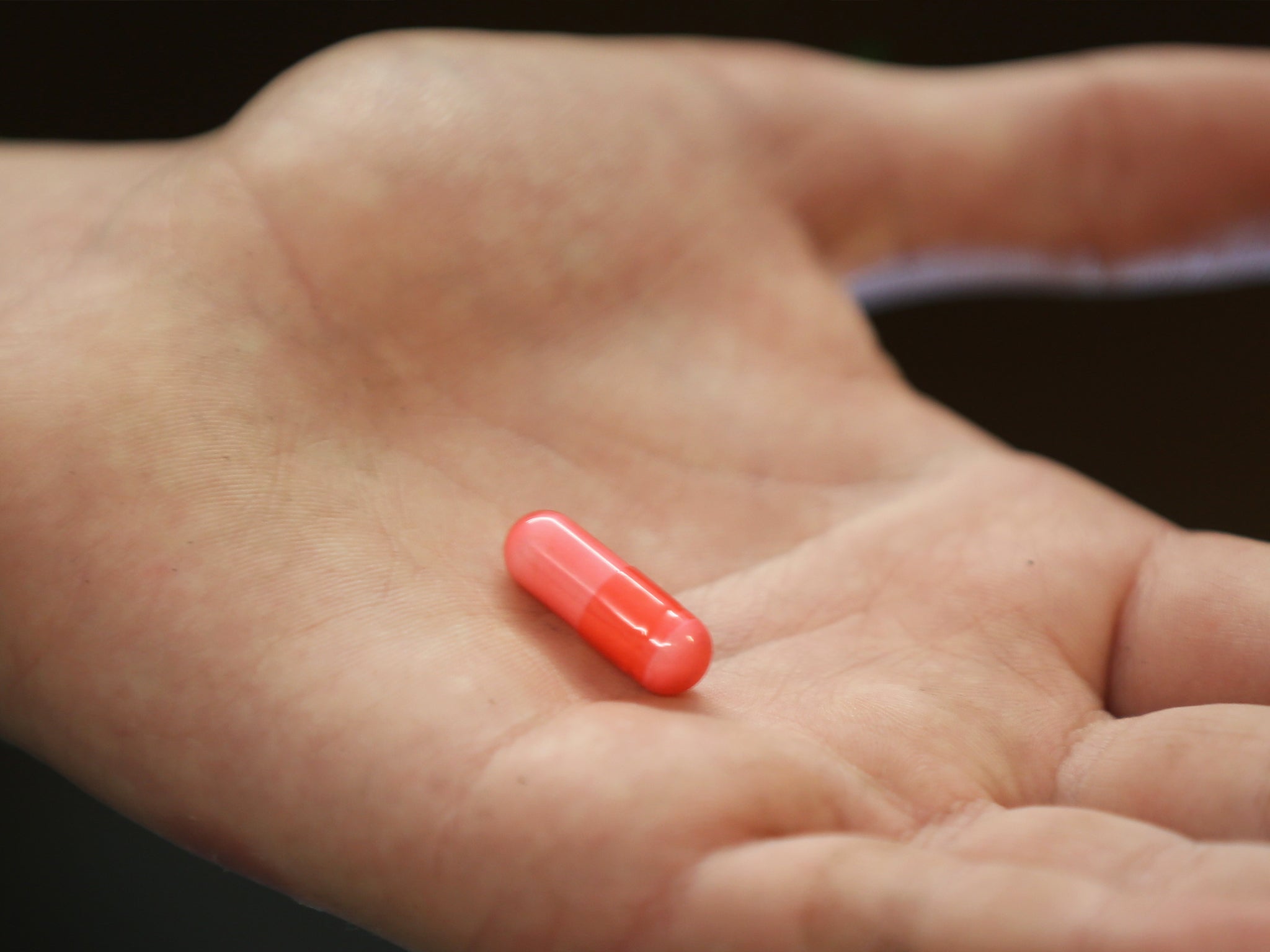Five times that big pharmaceutical companies have screwed over sick people more than Martin Shkreli
The hedge fund manager has been accused of being completely amoral, but he's still nothing compared to big pharma


Your support helps us to tell the story
From reproductive rights to climate change to Big Tech, The Independent is on the ground when the story is developing. Whether it's investigating the financials of Elon Musk's pro-Trump PAC or producing our latest documentary, 'The A Word', which shines a light on the American women fighting for reproductive rights, we know how important it is to parse out the facts from the messaging.
At such a critical moment in US history, we need reporters on the ground. Your donation allows us to keep sending journalists to speak to both sides of the story.
The Independent is trusted by Americans across the entire political spectrum. And unlike many other quality news outlets, we choose not to lock Americans out of our reporting and analysis with paywalls. We believe quality journalism should be available to everyone, paid for by those who can afford it.
Your support makes all the difference."We need to turn a profit". This was Martin Shkreli’s shameless attempt to appeal to the supposed heartless capitalist in us all, as he made public his company’s decision to increase the price of Daraprim – a drug use by Aids patients and caner suffers – by 5,500 per cent.
Turing Pharmaceuticals decided to charge $750 (£488) per pill, for a drug that was $1 (66p) when it was first made, and last week cost $13.50 (£8.79). After global outrage, he bowed to pressure and agreed to reduce the price, although he still hasn't stated how much.
This all may sound like the work of a real capitalist maverick acing the system, but Shkreli is nothing of the sort; he’s just following protocol. Profit over people is how big pharma does business. Here are five other times pharmaceutical companies proved that they don’t care about their main customers – ill people.
1) Denying people in developing countries lifesaving drugs

For years Western pharmaceutical companies used patents so people in the Global South couldn’t access low-cost HIV/Aids drugs. They pushed up the prices of anti-retroviral drugs in countries across the world, indirectly killing thousands of poor people from countries in Africa and Asia.
This “crime of the century” was mostly overlooked until it was recounted in documentary Fire in the Blood. To break this pattern, Mumbai-based company Cipla made copycat drugs and charged less than $1 a day for them, much to the chagrin of Western firms. Huge multinationals have spent a lot of time and energy trying to stop Cipla from providing poor people with the drugs they need. So far, to no avail.
2) Using poor people as human guinea pigs

Pharma companies test drugs on poor people in developing countries across what's known as "the Global South" (are you noticing a pattern here?) Dubbed “medical neocolonialism” by activists, companies took advantage of relaxed rules and recruited people as human guinea pigs.
In 2011 more than 150,000 Indian people were involved in 1,600 trials. Between 2007 and 2010 at least 1,730 people in India died during or after trials. Some of those people who died taking part in trials were already ill, but activists have claimed that poor people and illiterate people took part without a proper understanding of what they were signing up for.
3) Repackaging old drugs to make a profit

In 2010 a group of consultants and patients’ groups pointed out that changes to the rules meant pharmaceutical companies could buy licenses to create newer, but not necessarily improved, versions of drugs for relatively rare illnesses.
They then charged more for the new but unnecessary drug. For example, for 20 years doctors had been issuing a drug for two rare muscle diseases at an annual price of £800-£1,000 per patient. In 2009, drugs company BioMarin took it upon themselves to produce a similar but arguably unnecessary replacement drug, which they said was more stable and reliable, and charged up to 70 times more than the original. All to the cost of the NHS and to the benefit of BioMarin’s profit margins.
4) Promoting unapproved drugs to the wrong people

There are countless instances of huge drugs manufacturers breaching the rules so they can get medicines on the market. In 2012 British multinational GlaxoSmithKline (GSK) was fined £1.9bn because they paid medical professionals to promote antidepressants for unapproved uses, including for treating children and adolescents.
GSK had taken their cue from their US equivalent, Pfizer. In 2009 Pfizer was fined £1.4bn for illegally promoting four drugs not approved by medical regulators. Needless to say, these two aren’t the only companies up to this sort of moneymaking scam.
5) Lobbying politicians and health care professionals

As if they didn’t already have enough power and money, pharma companies spend staggering amounts on lobbying. A recent report revealed that the pharmaceutical industry spends at least £29m a year to get access to European Commission politicians and officials.
The impact lobbying has is huge; in 2014 it emerged NHS bosses let lobbyists write a draft report to help shape health policy. Turns out, rampant capitalism and decent health care really don’t mix…
Join our commenting forum
Join thought-provoking conversations, follow other Independent readers and see their replies
Comments